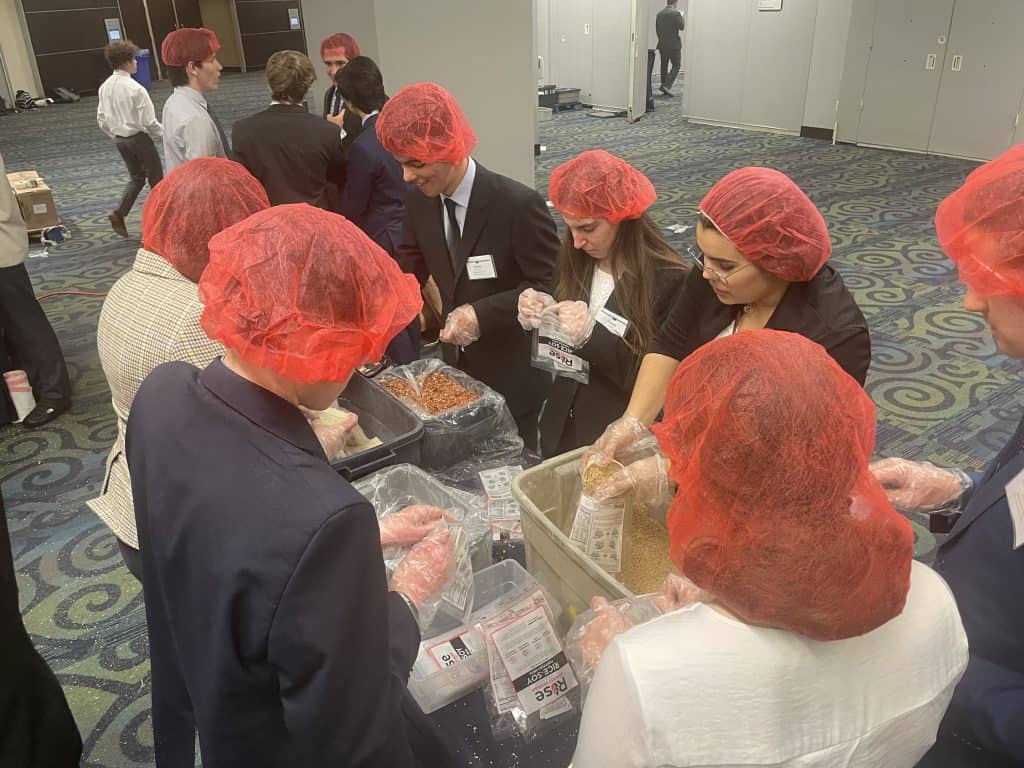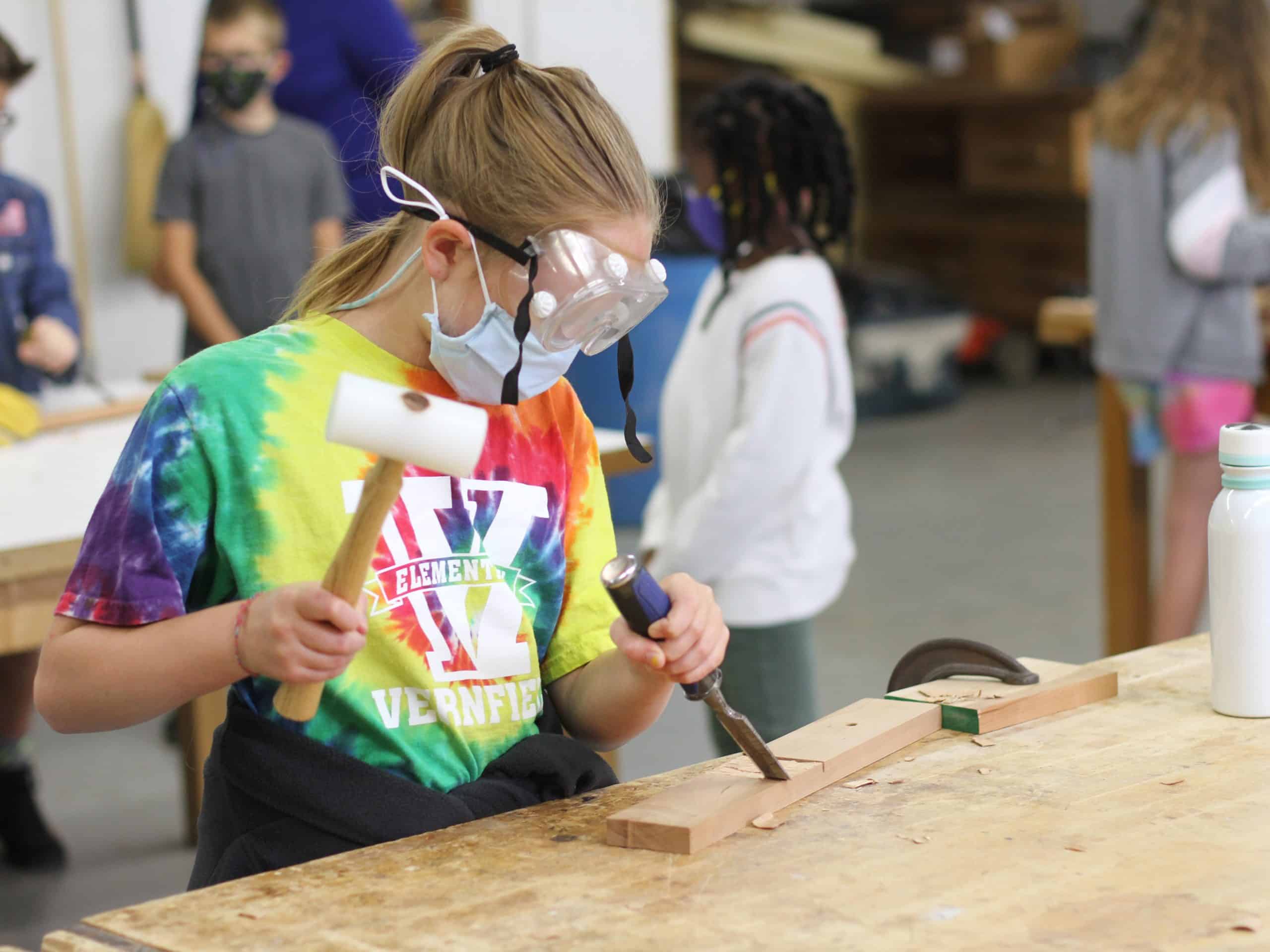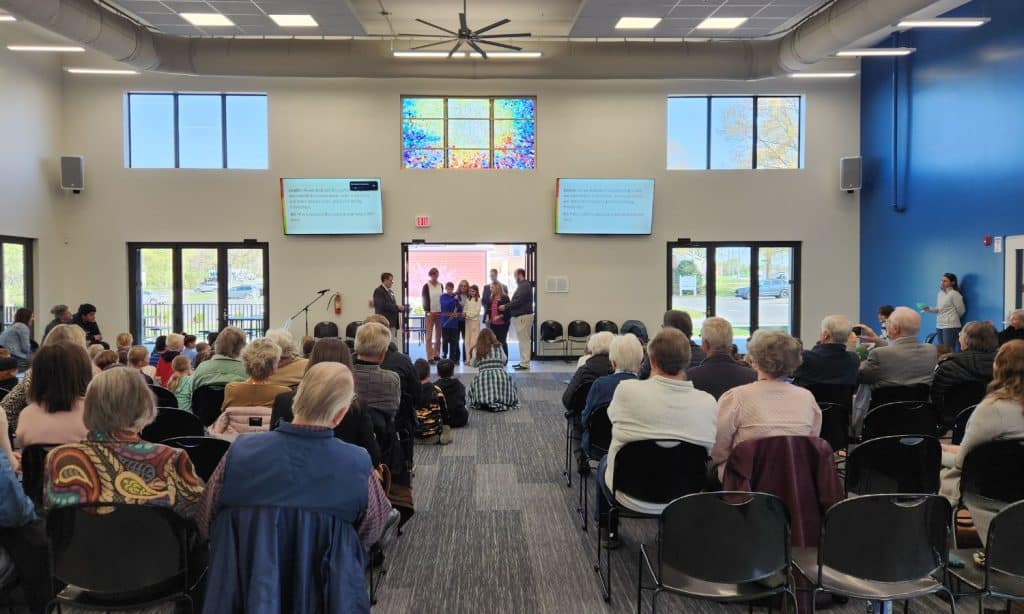Experiential Learning
In more traditional school settings, students often hear and read about others' experiences. At EMS, teachers consider individual learning styles and facilitate opportunities for students to make discoveries and experiment with knowledge firsthand.
Then, students have time to reflect on what they have experienced, completed, even made mistakes with. That's experiential learning.
Experiential Learning



Experiential learners must:
- be willing to be actively involved in the experience.
- be able to reflect on the experience, sometimes in writing, sometimes in conversation with teachers and peers.
- possess and use analytical skills to conceptualize the experience.
- possess or make progress in developing decision-making and problem-solving skills in order to use the new ideas gained from the experience.
Outside the classroom ...
To learn more about the EMS curriculum, campus community and life together, come visit!
Contact us to schedule your visit today or plan for an upcoming Student Visitation Day.
EMS Experiential Learning News
Celebrating a New Chapter: Ribbon Cutting Ceremony for the Gathering Space As we continue our thanking events that mark this significant milestone, we gathered to celebrate the ribbon cutting of the new Gathering Space. The ceremony was abuzz with excitement as Paul Leaman welcomed attendees, expressing heartfelt gratitude to our supporters, board members, and community partners who have been instrumental in making this vision a reality. He also thanked the Harrisonburg-Rockingham Chamber of Commerce for their role in the ribbon cutting event. Amy Mumbauer, EMS…
Read More >
